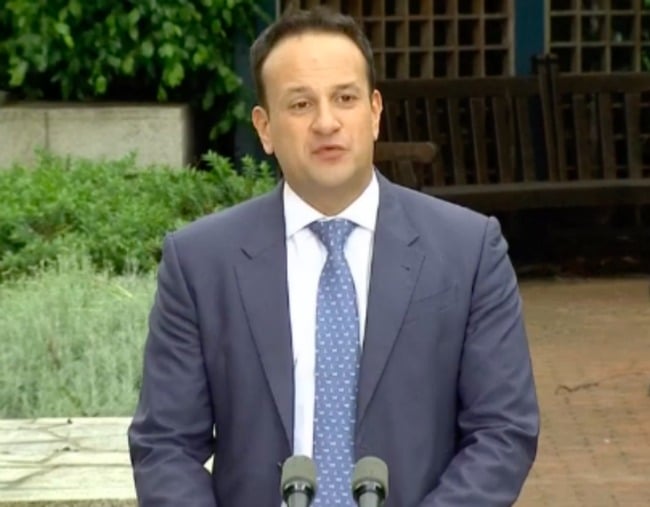
In the end, it wasn’t even close.
Irish voters – young and old, male and female, farming types and city-bred folk – endorsed expunging an abortion ban from their largely Catholic country’s constitution by a two-to-one margin, referendum results compiled on Saturday showed.
The decisive outcome of the landmark referendum held on Friday exceeded expectations and was cast as a historic victory for women’s rights. Polls had given the pro-repeal “yes” side a small lead, but suggested the contest would be close.
Since 1983, the now-repealed Eighth Amendment had forced women seeking to terminate pregnancies to go abroad for abortions, bear children conceived through rape or incest or take illegal measures at home.
As the final tally was announced showing over 66 per cent of voters supported lifting the ban, crowds in the ancient courtyard of Dublin Castle began chanting “Savita! Savita!” in honour of Savita Halappanavar, a 31-year-old dentist who died of sepsis during a protracted miscarriage after being denied an abortion at a Galway hospital in 2012.
With exit polls showing a win for abortion rights campaigners, Prime Minister Leo Varadkar called the apparent victory the “culmination of a quiet revolution”. Later, he hailed the momentous outcome as a victory for Ireland’s future.
